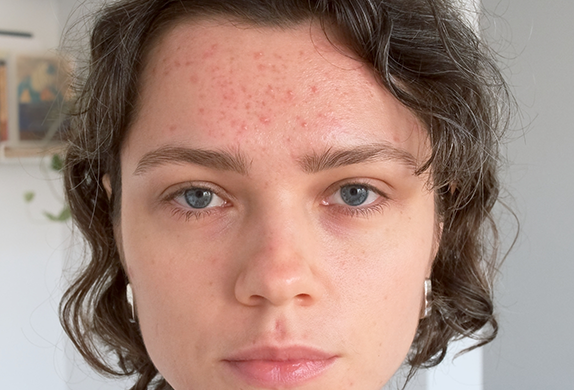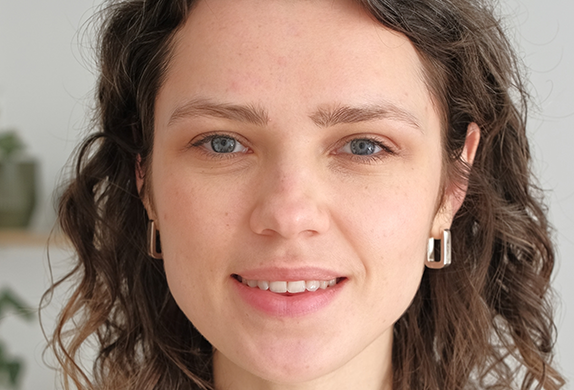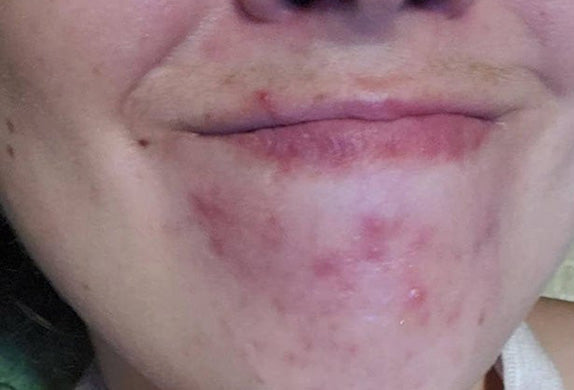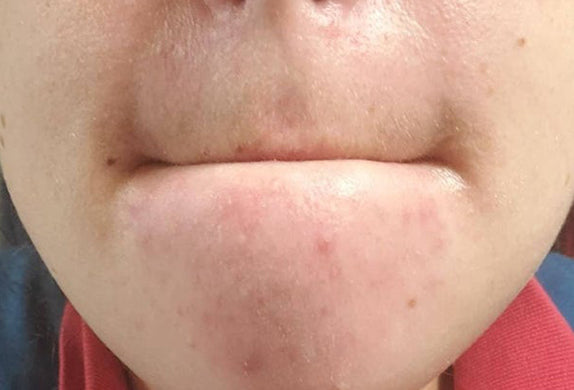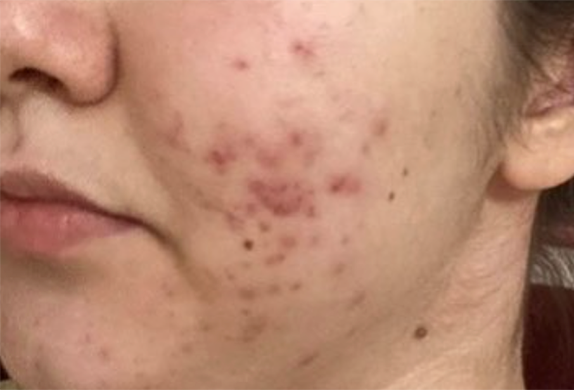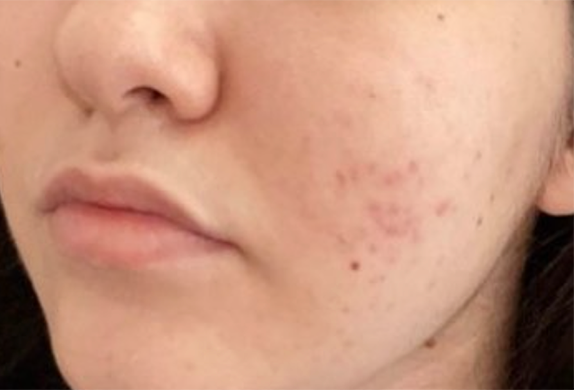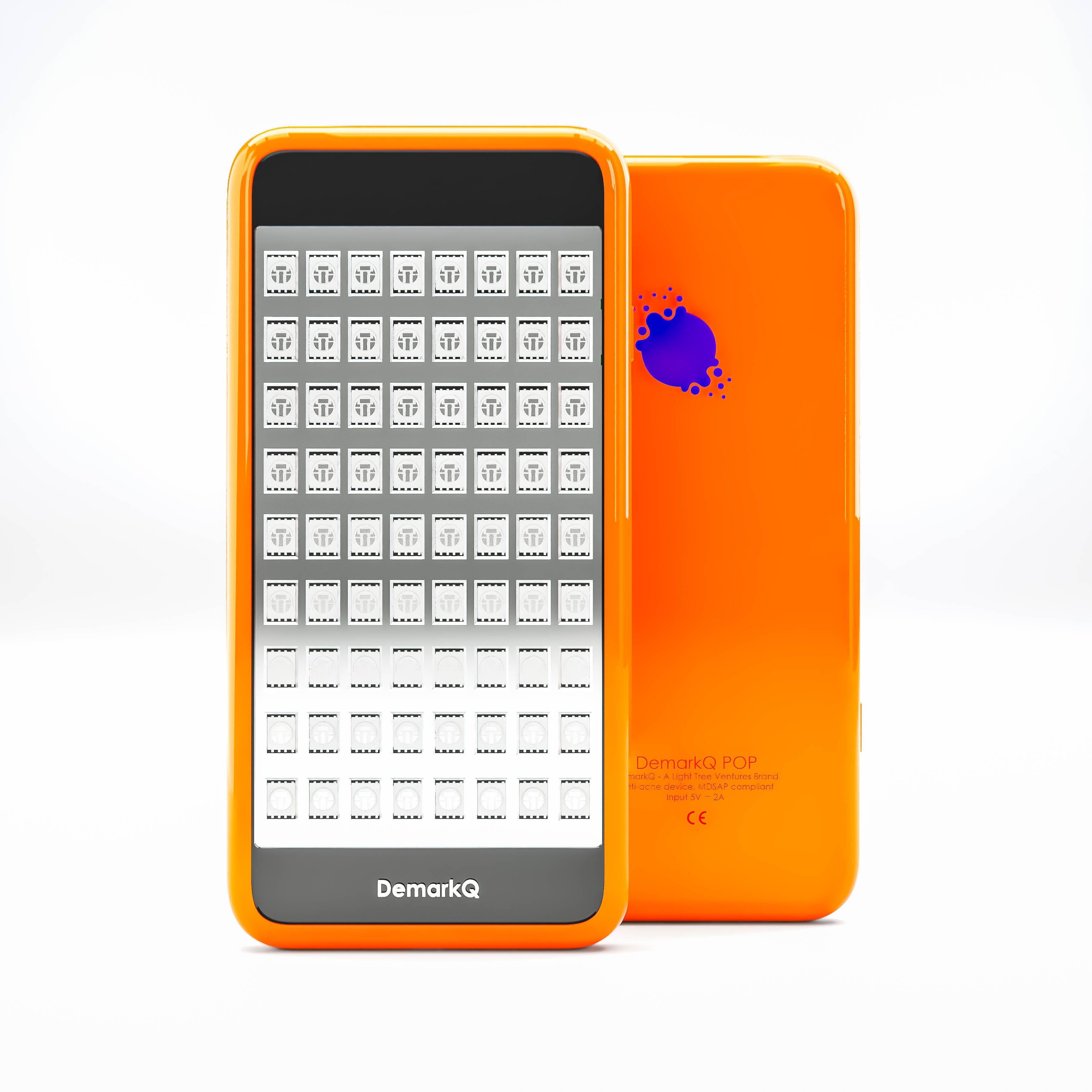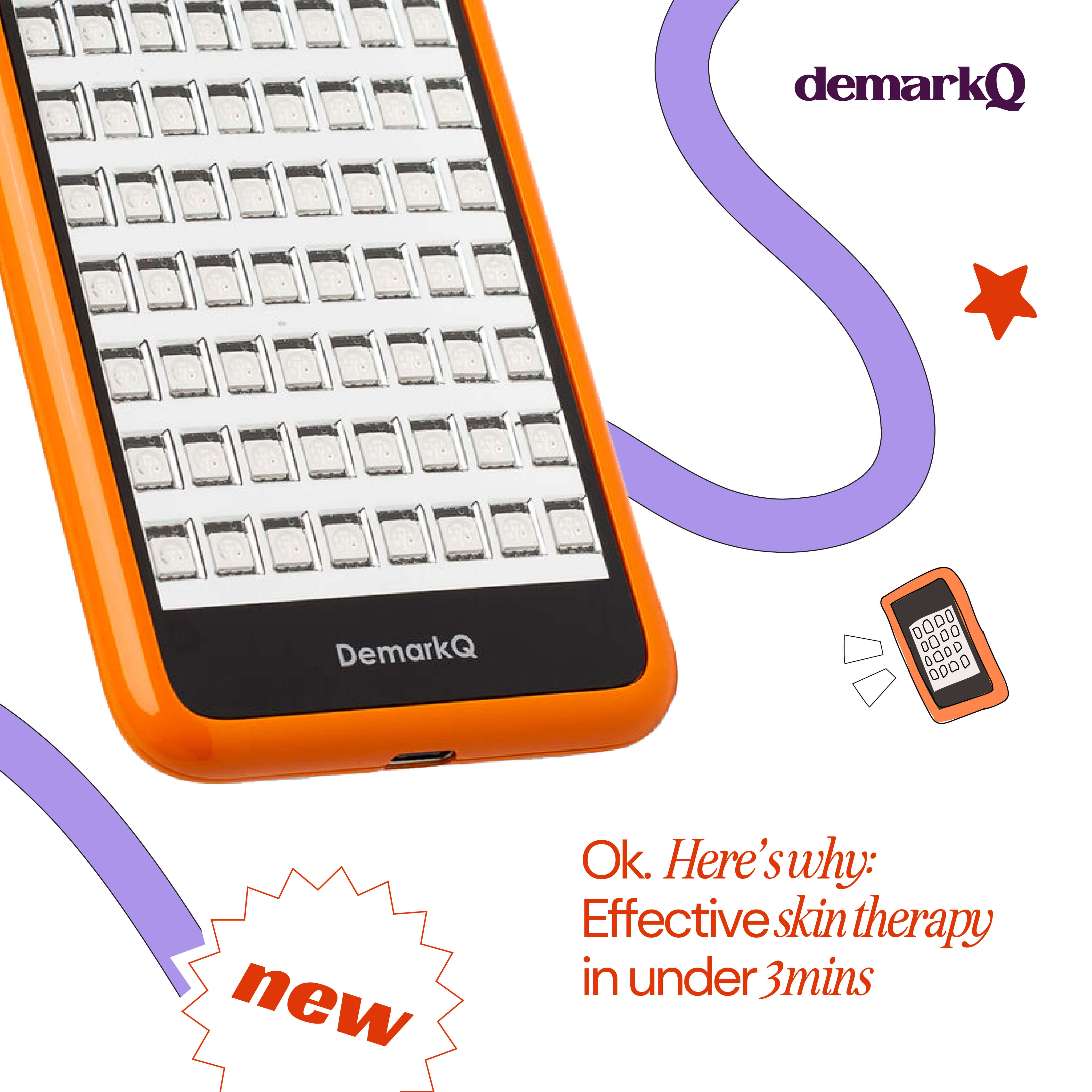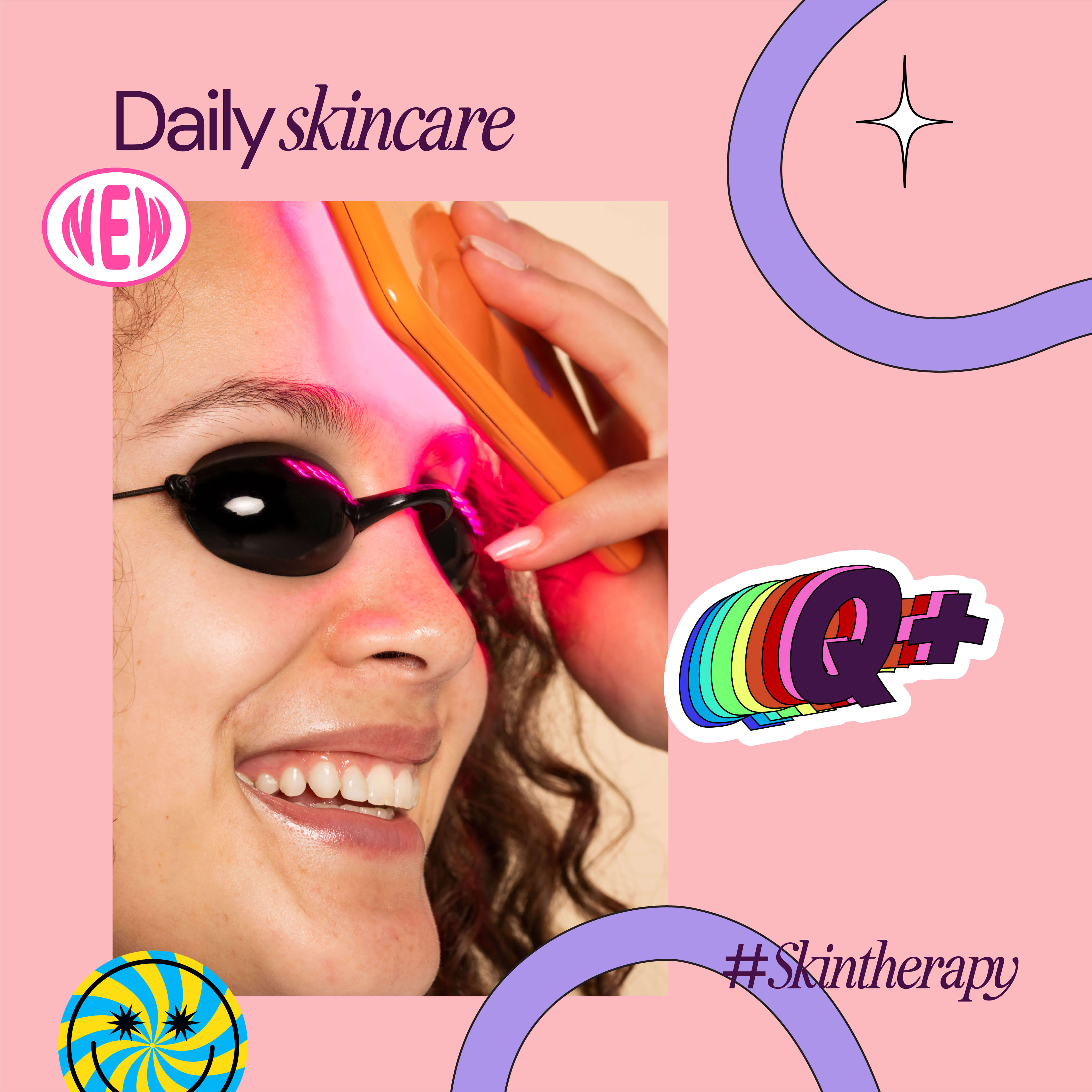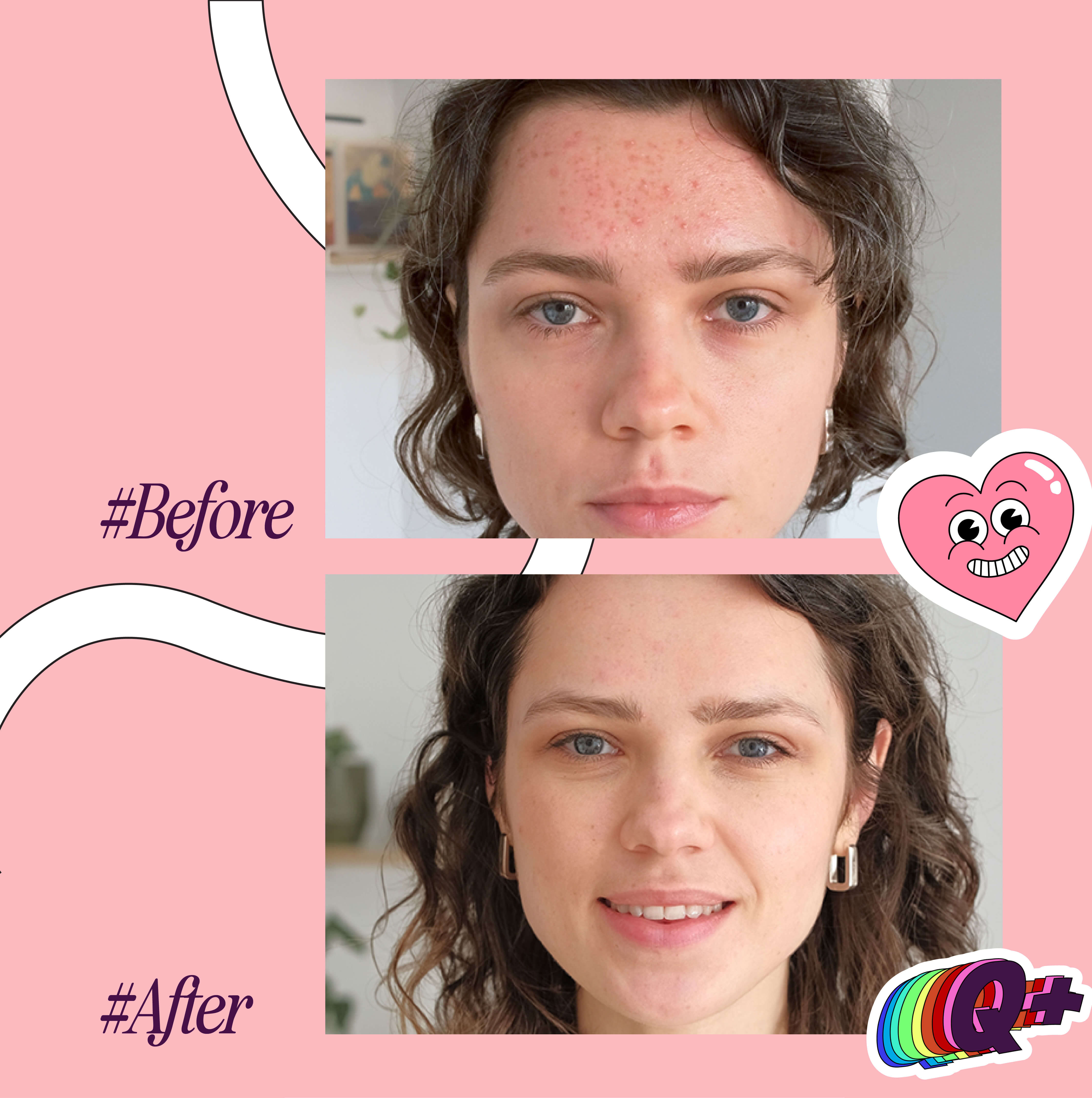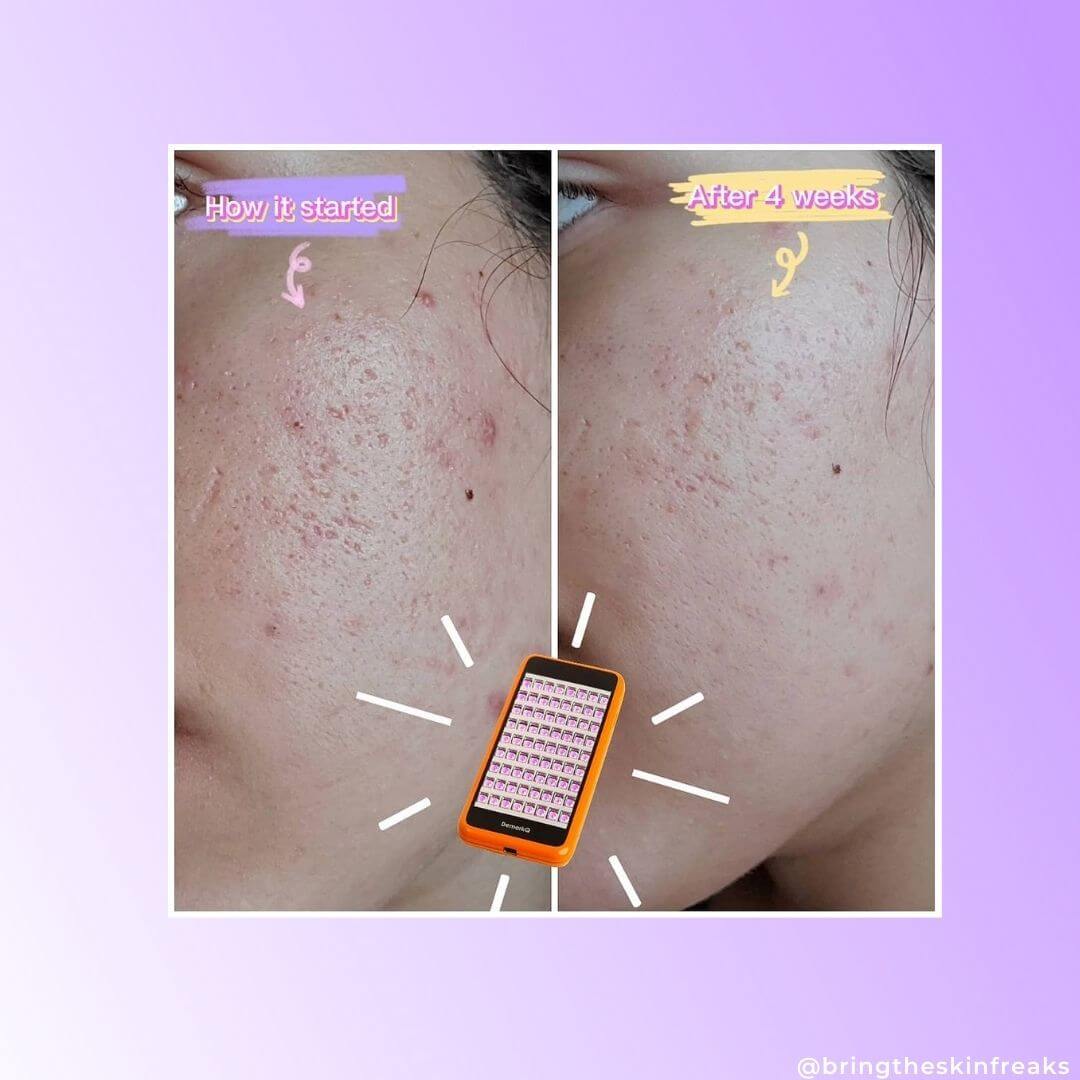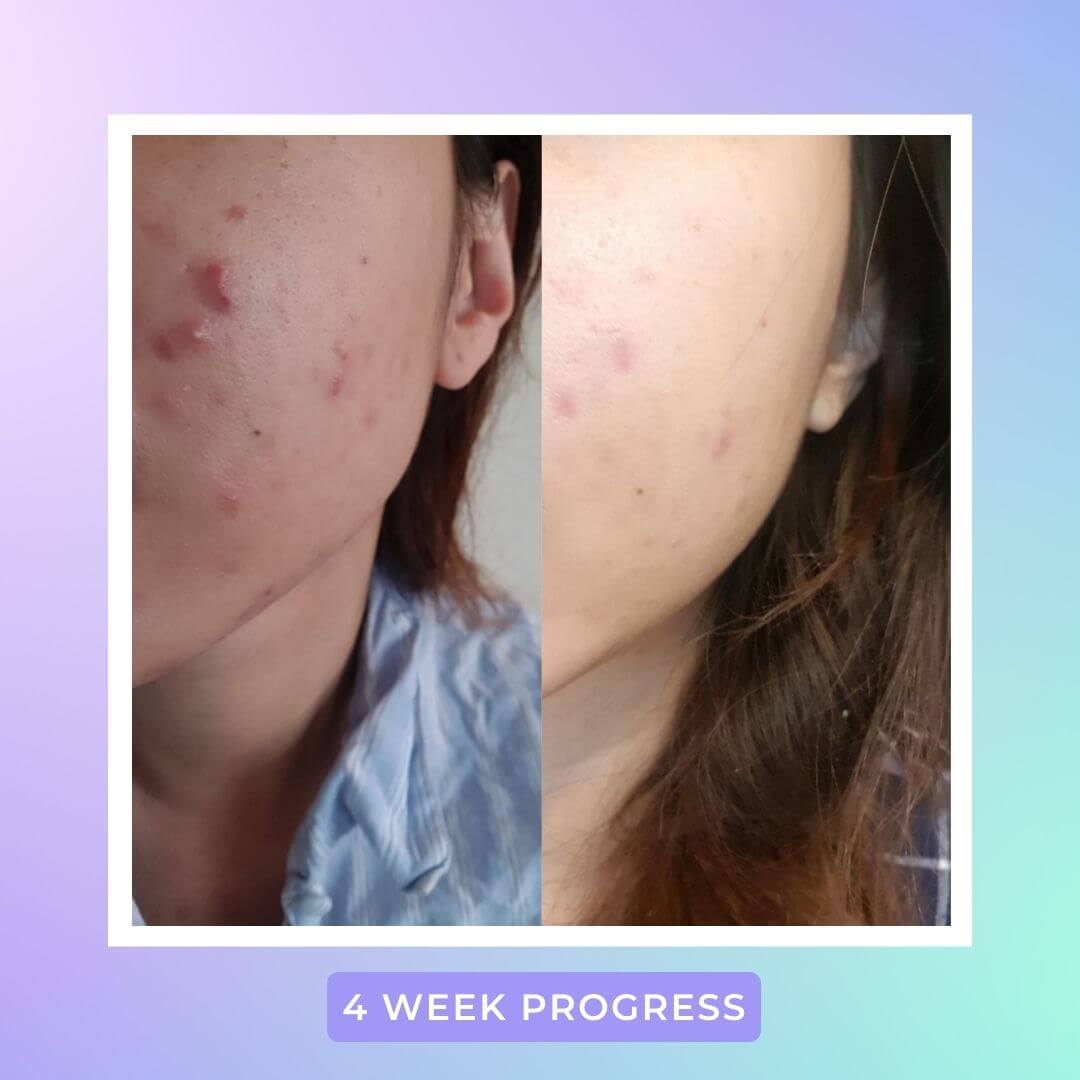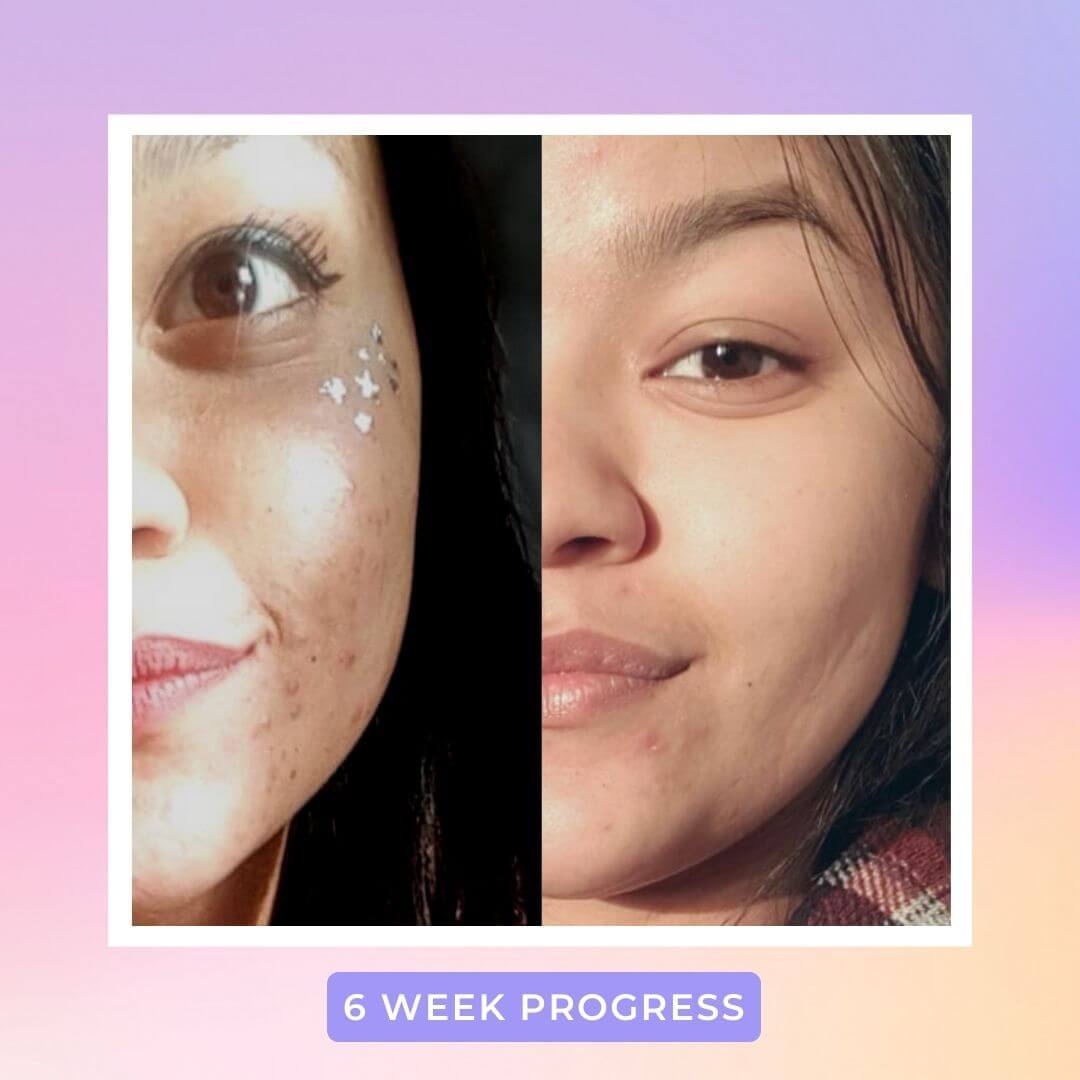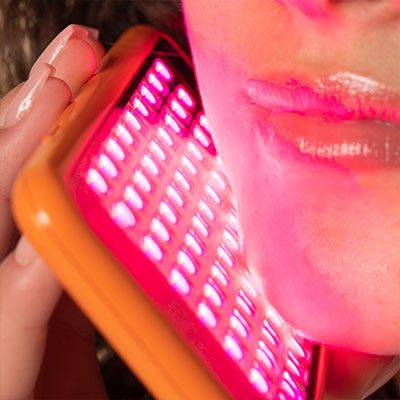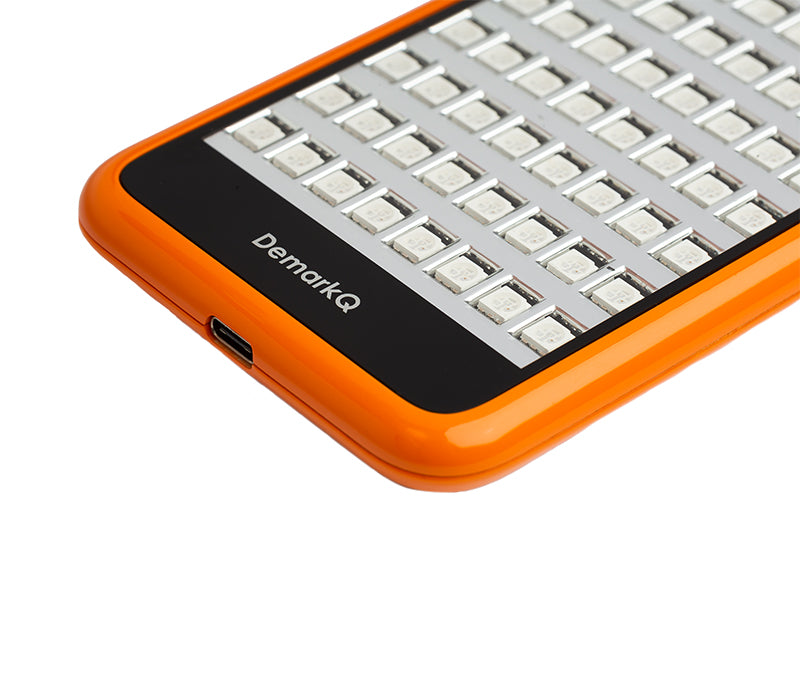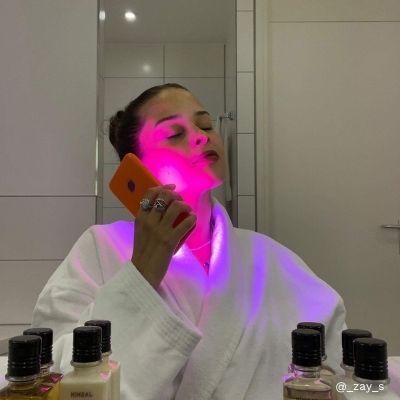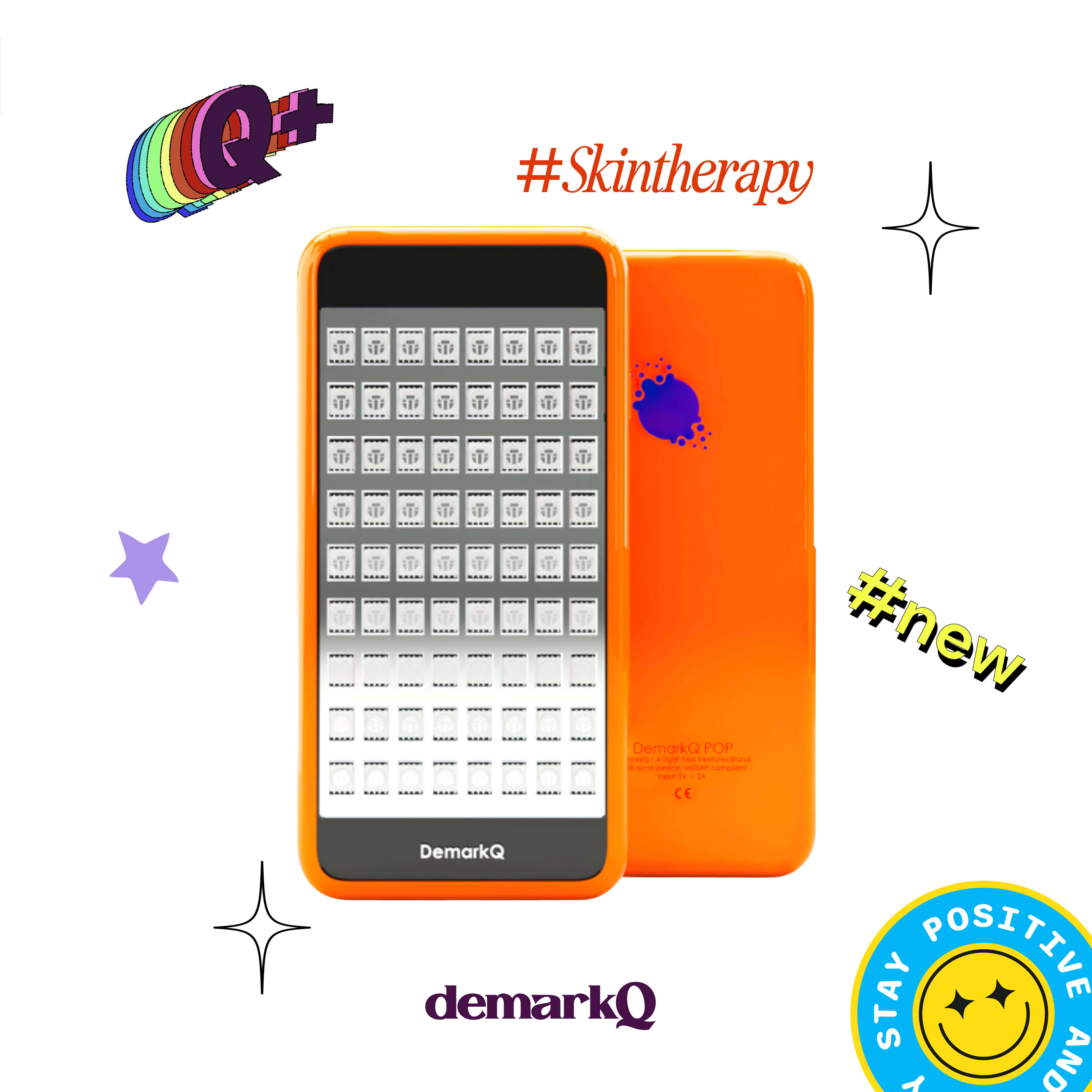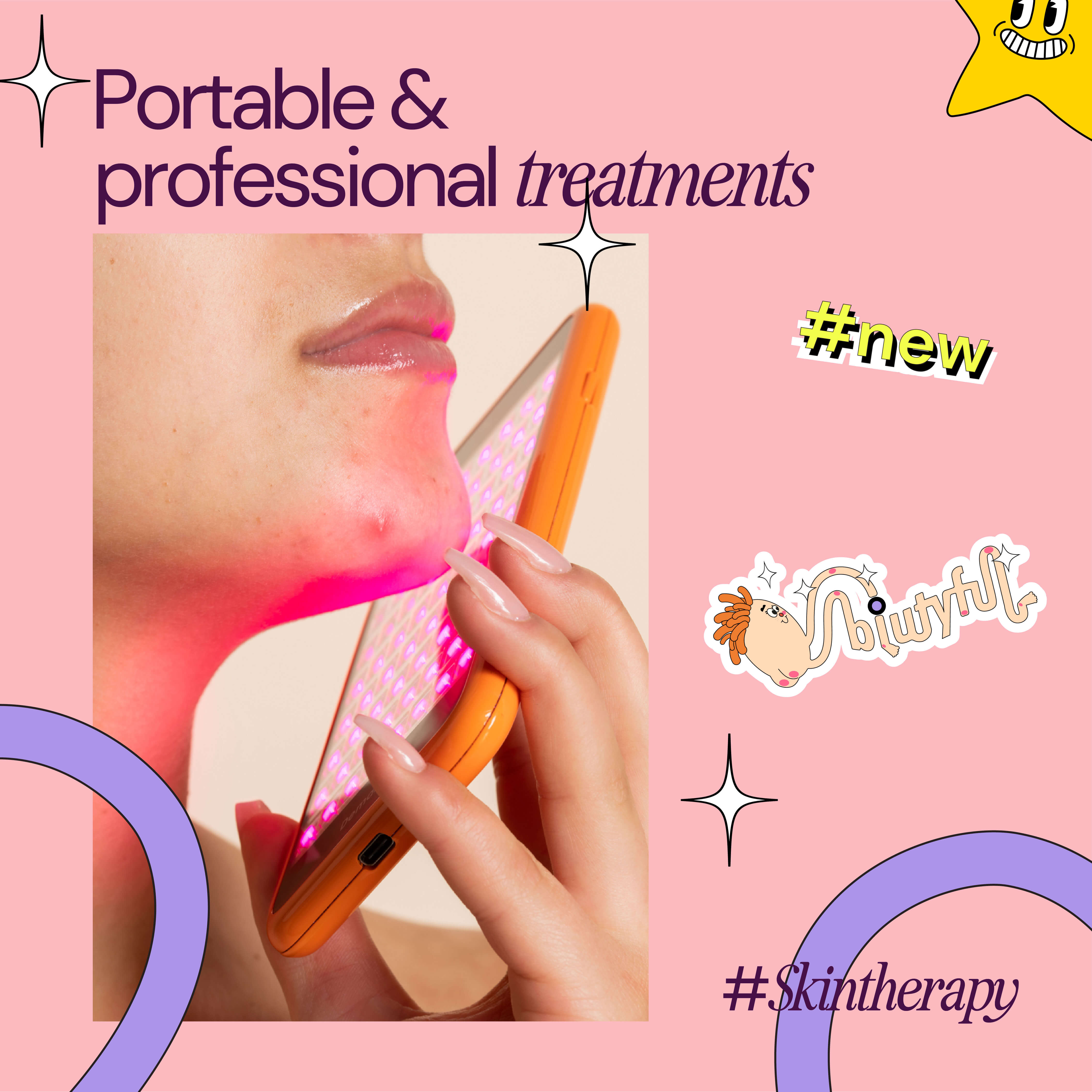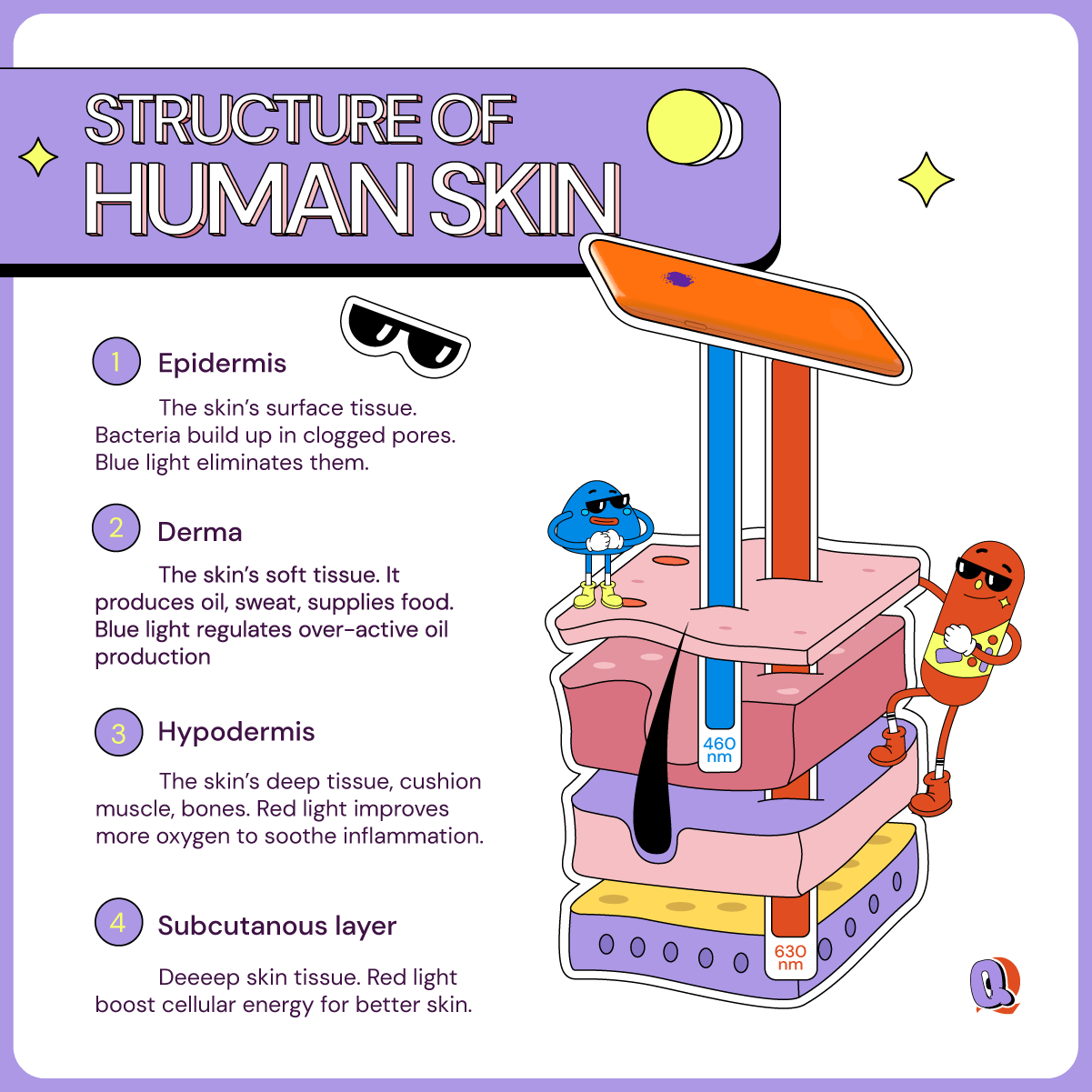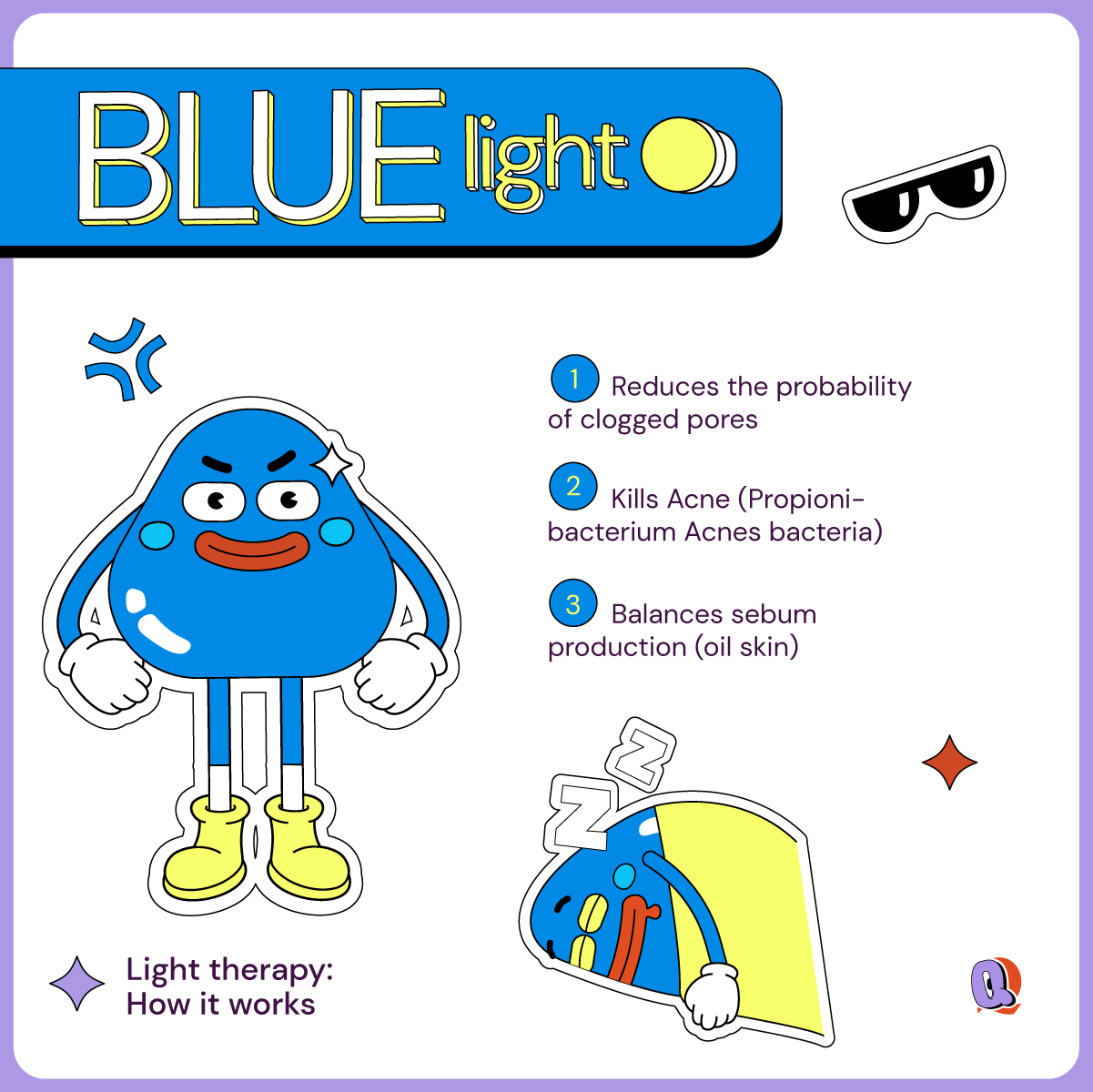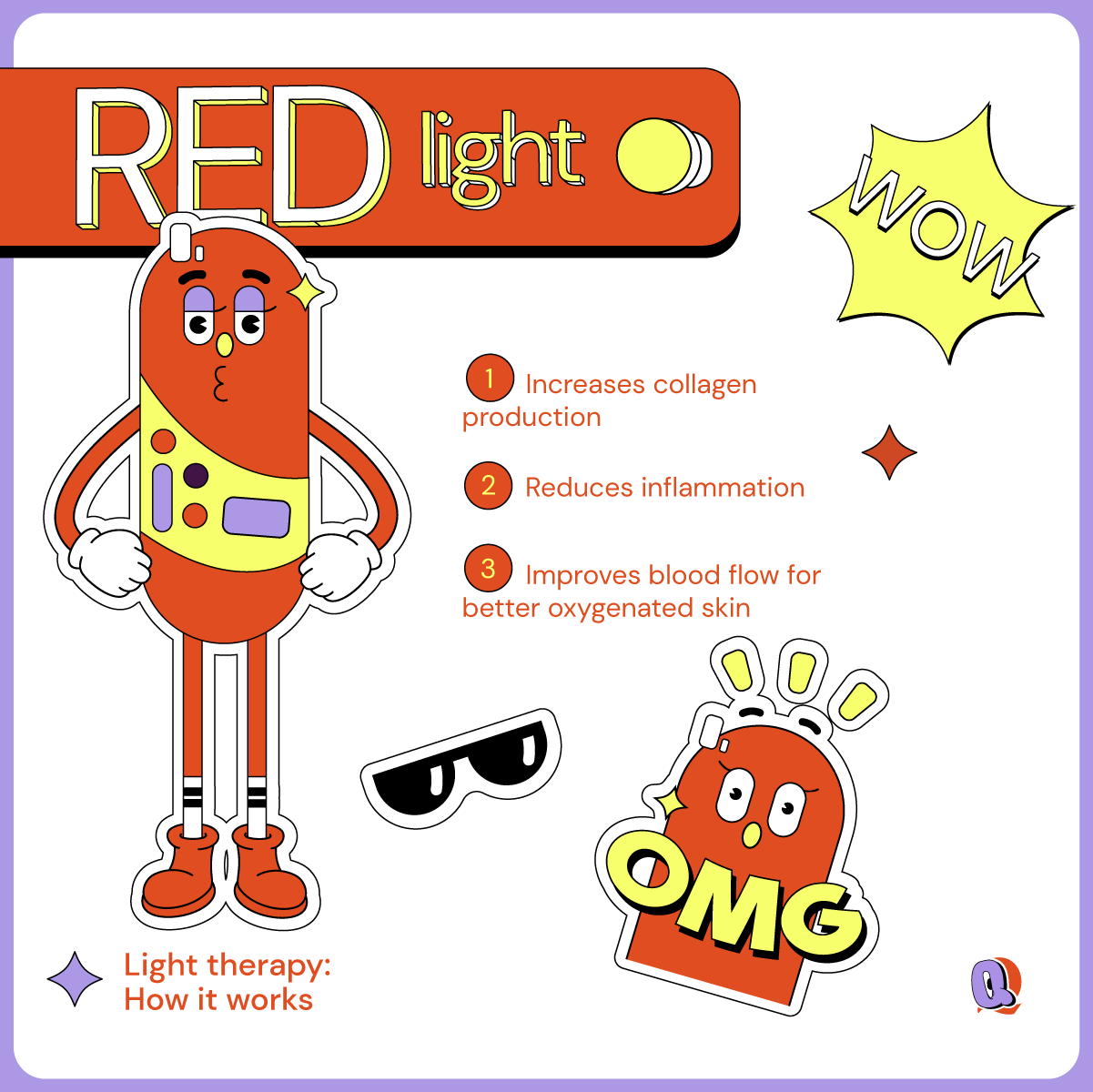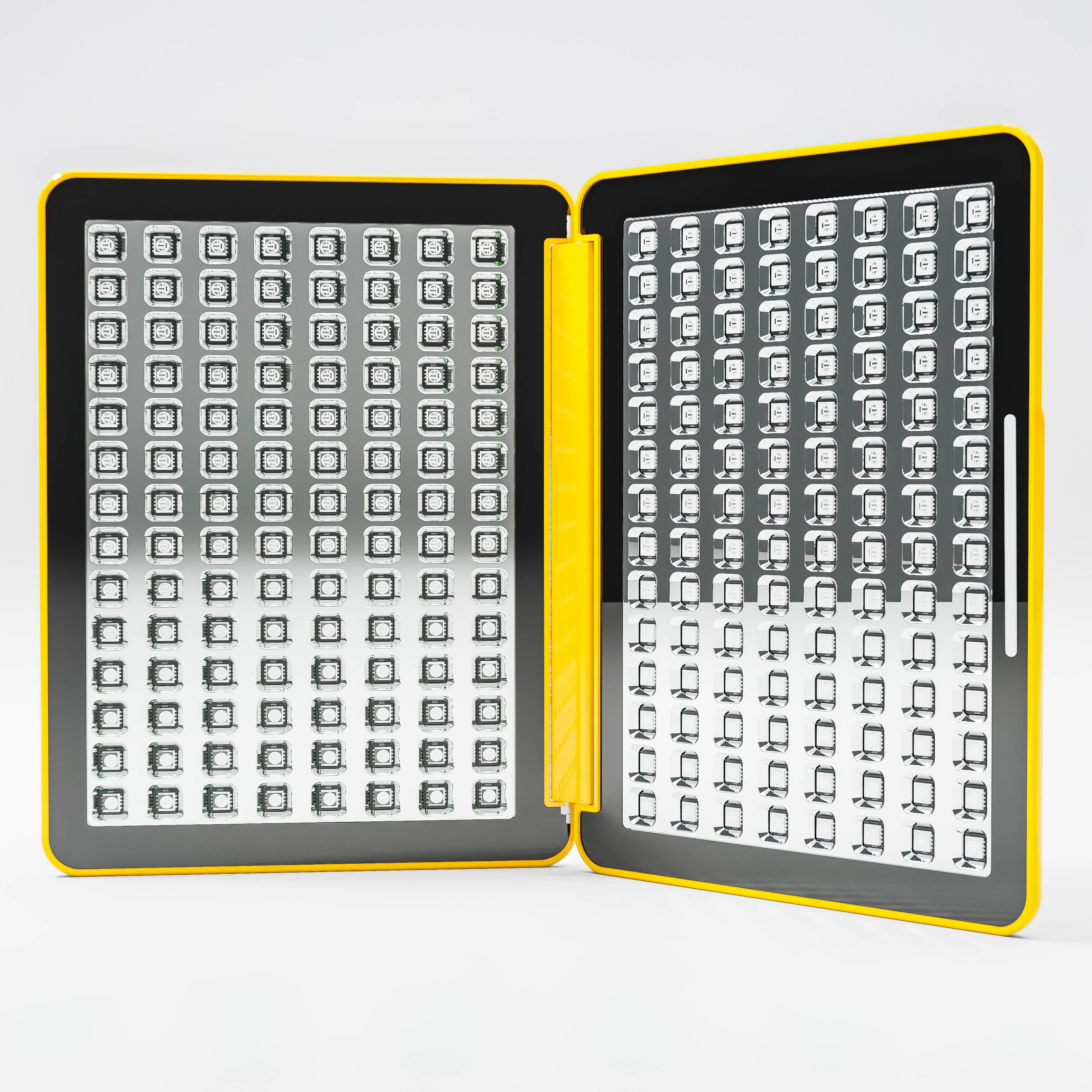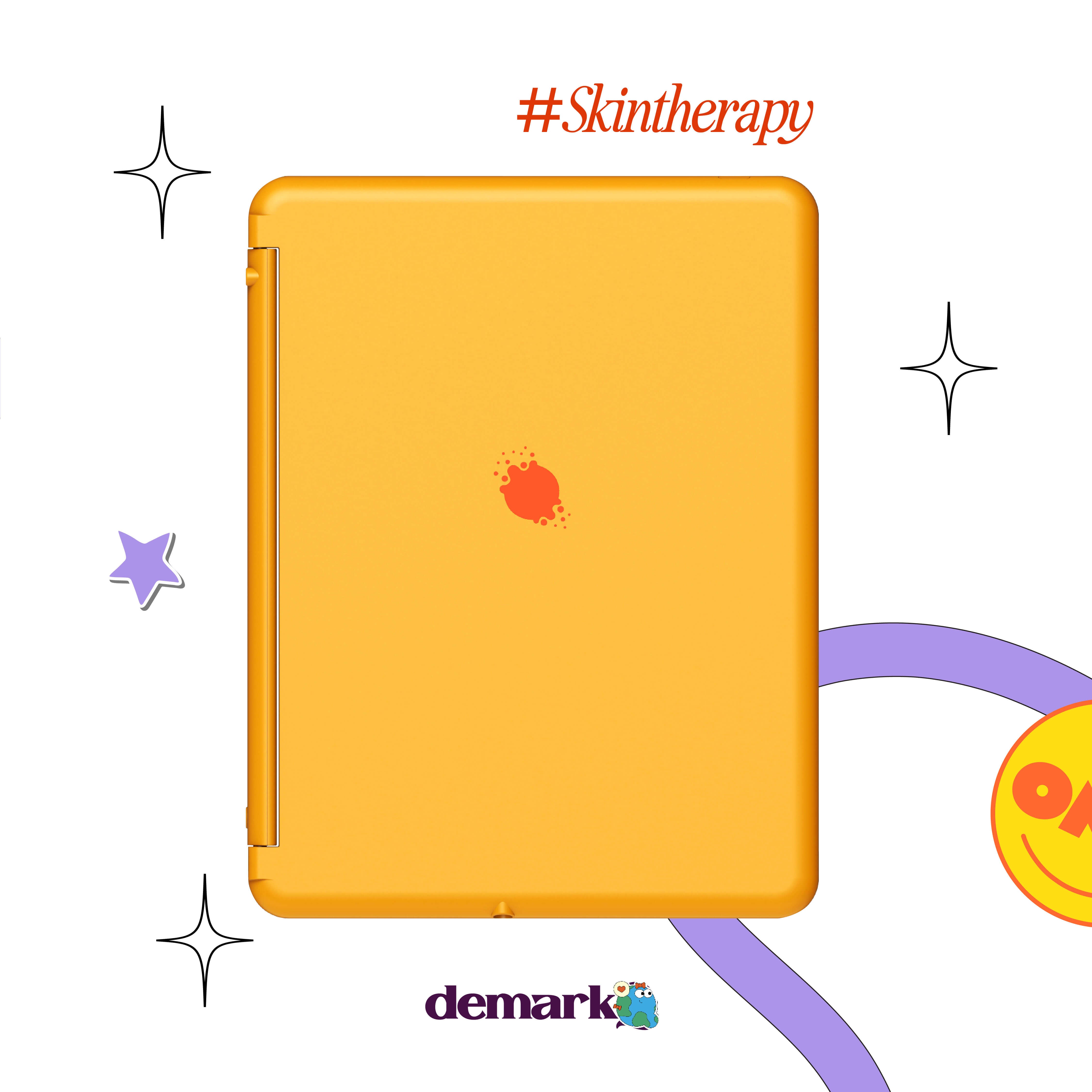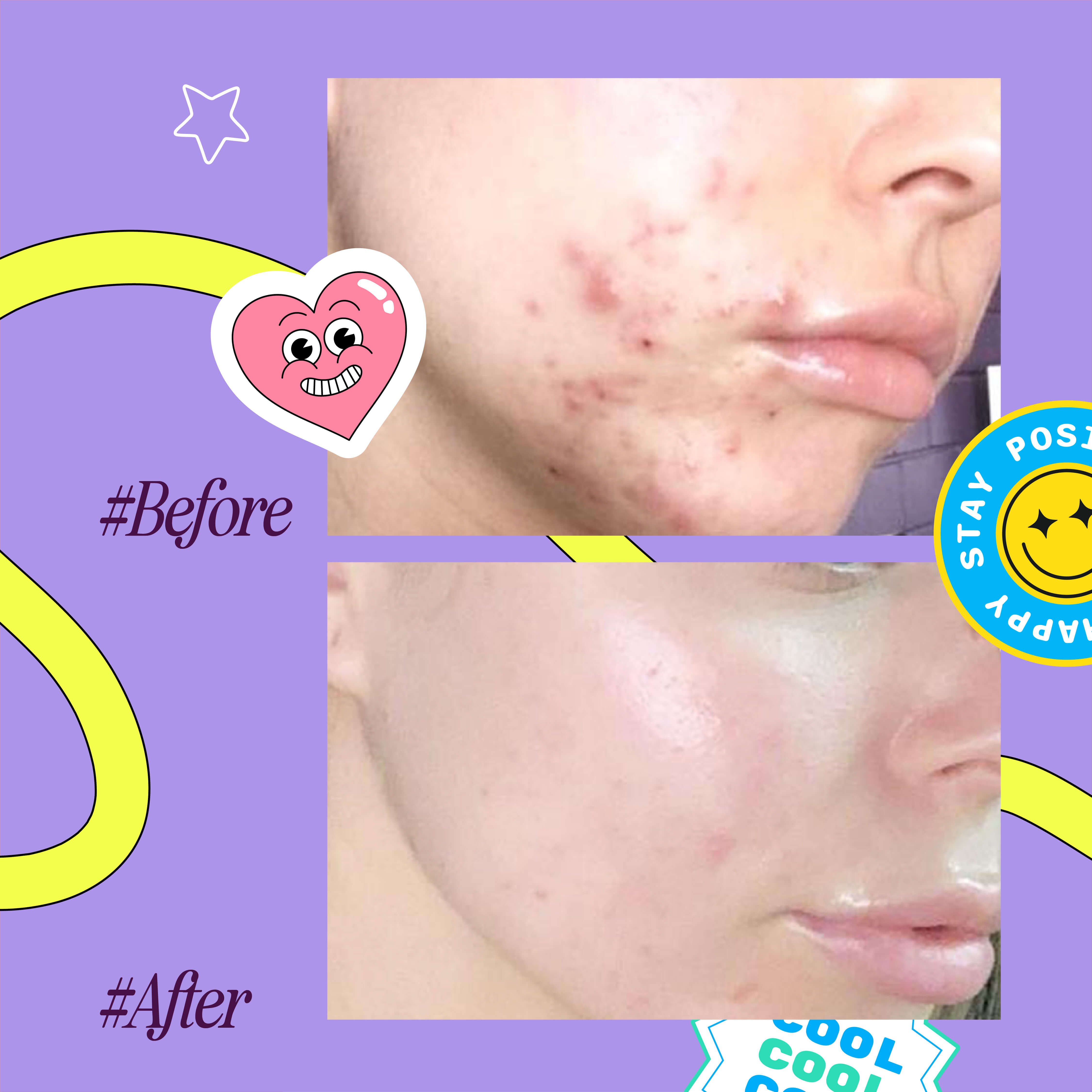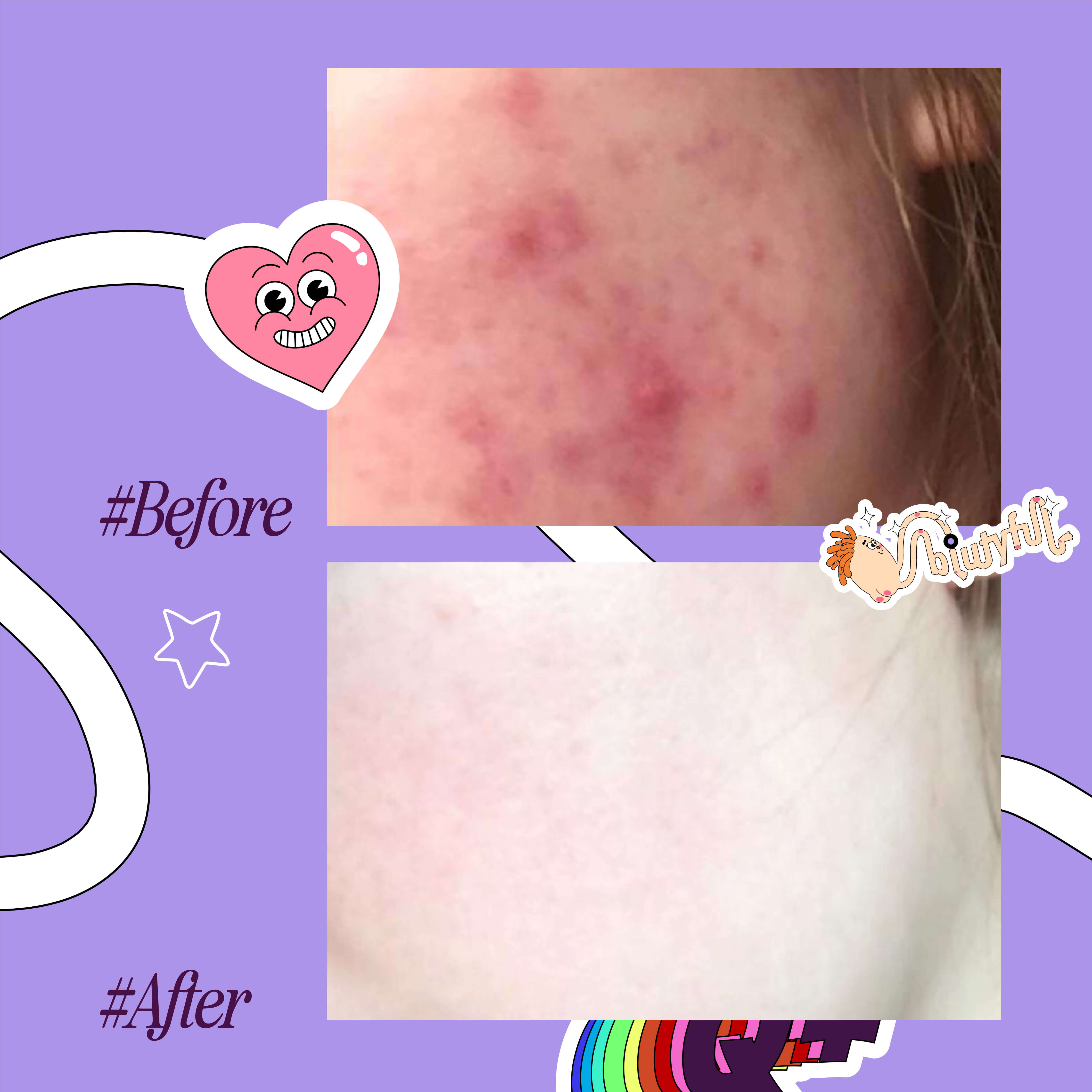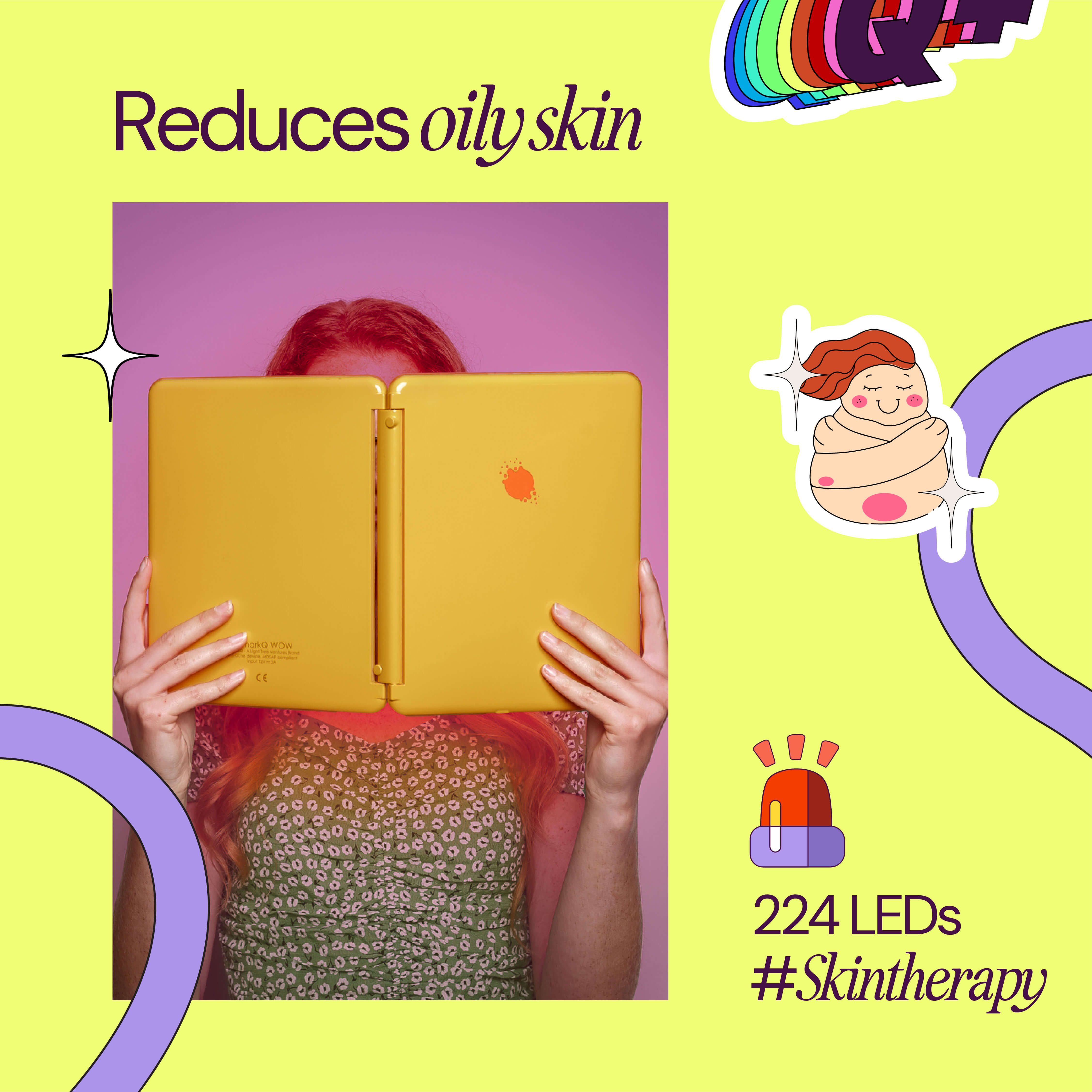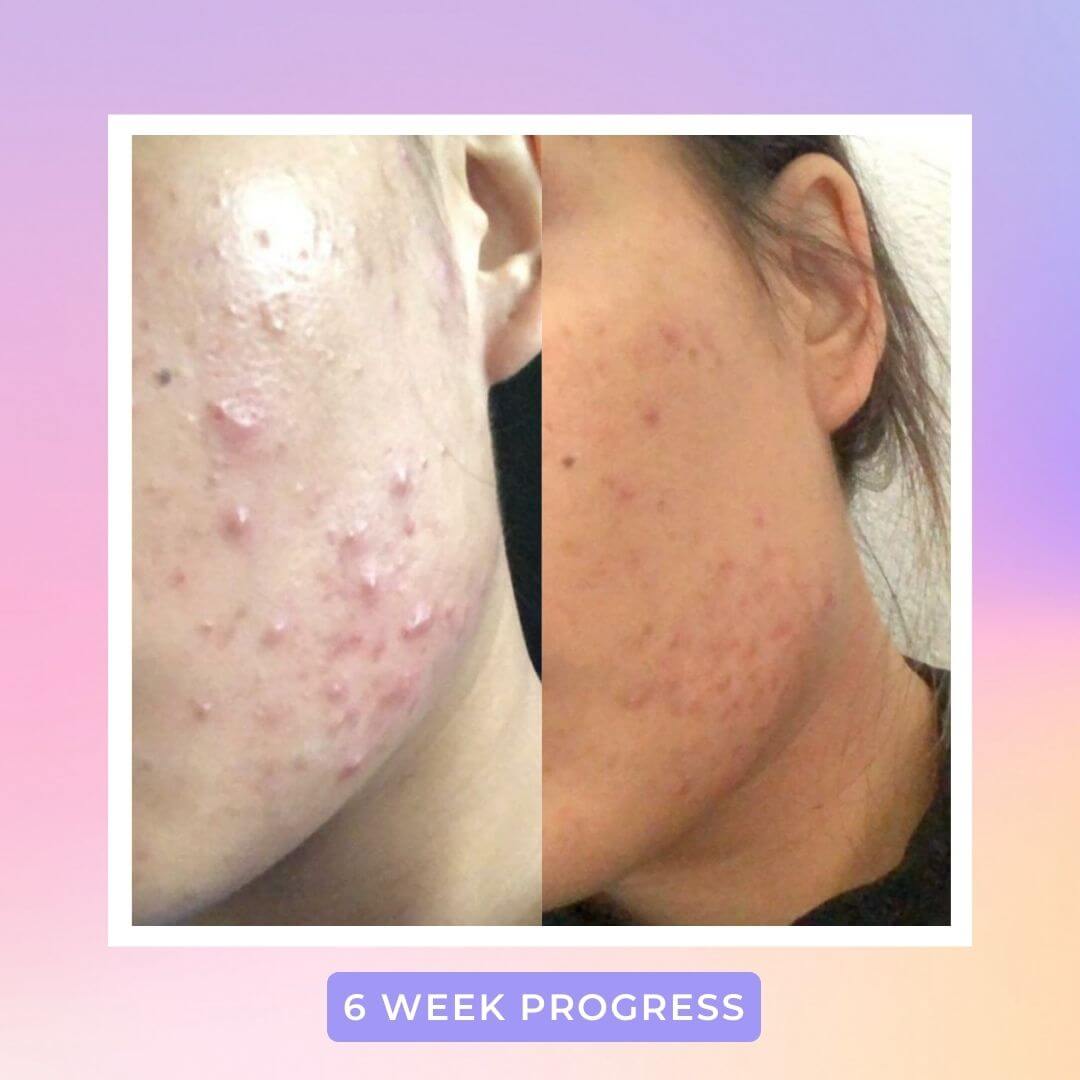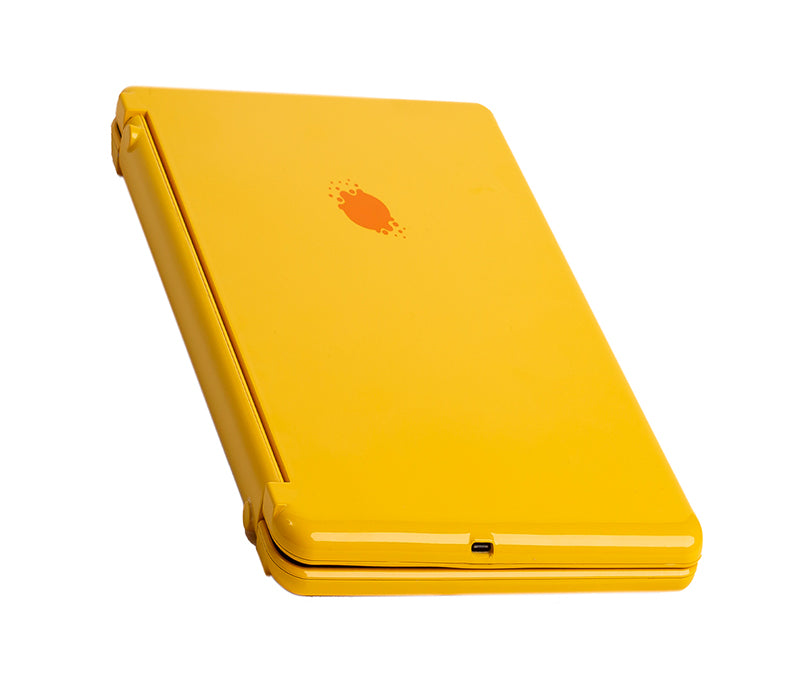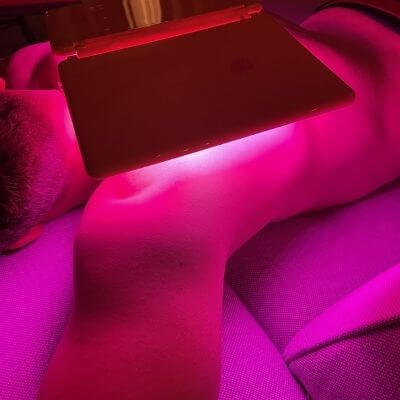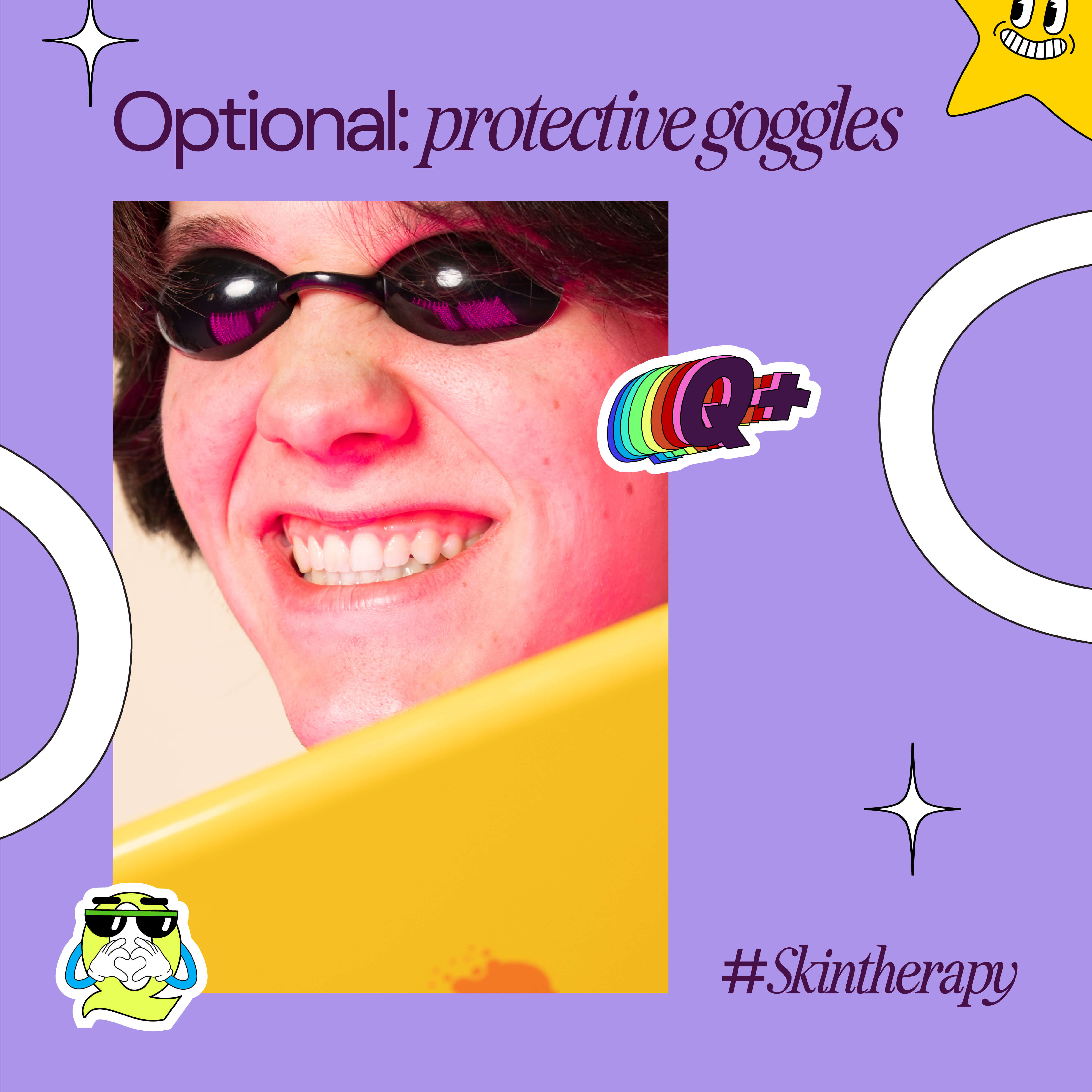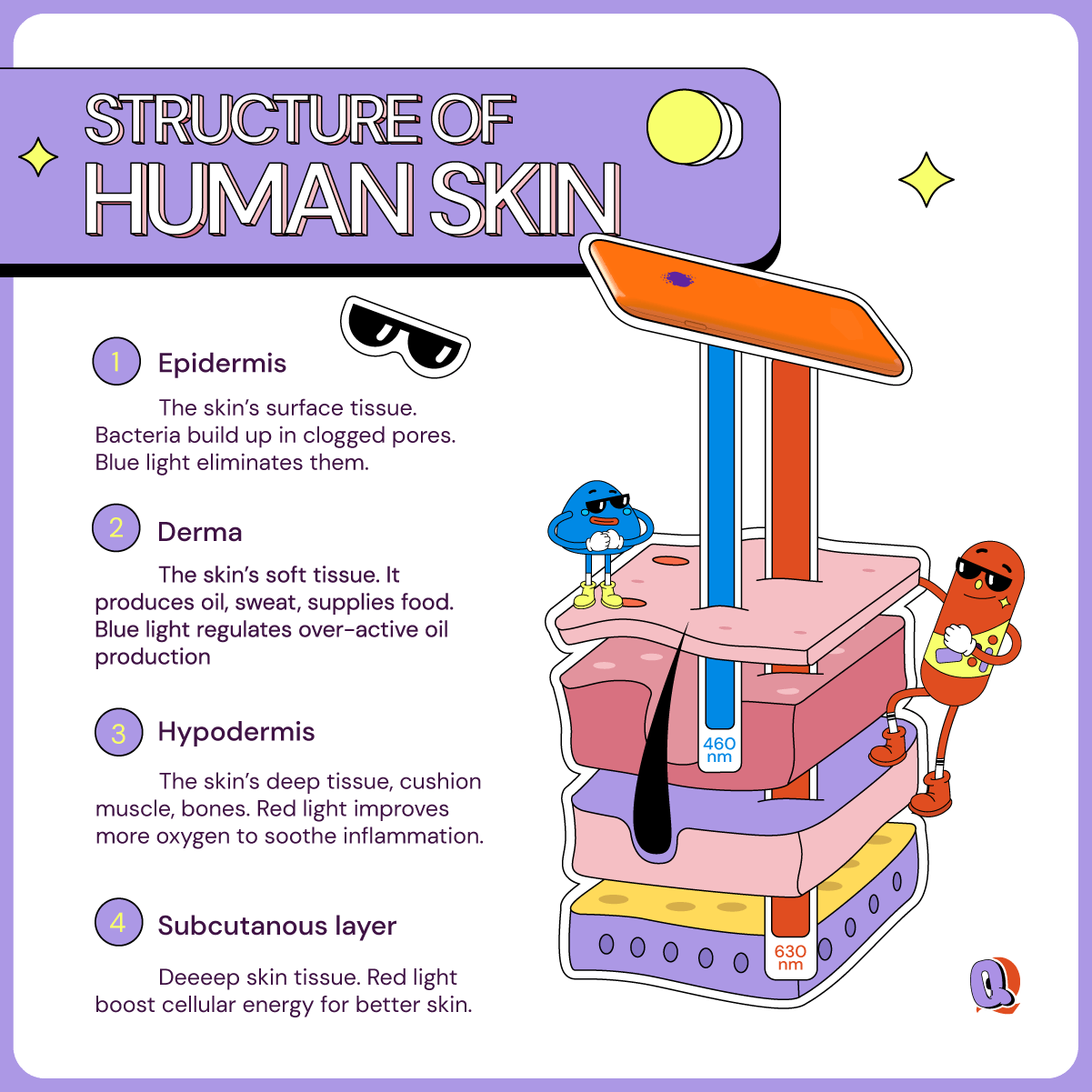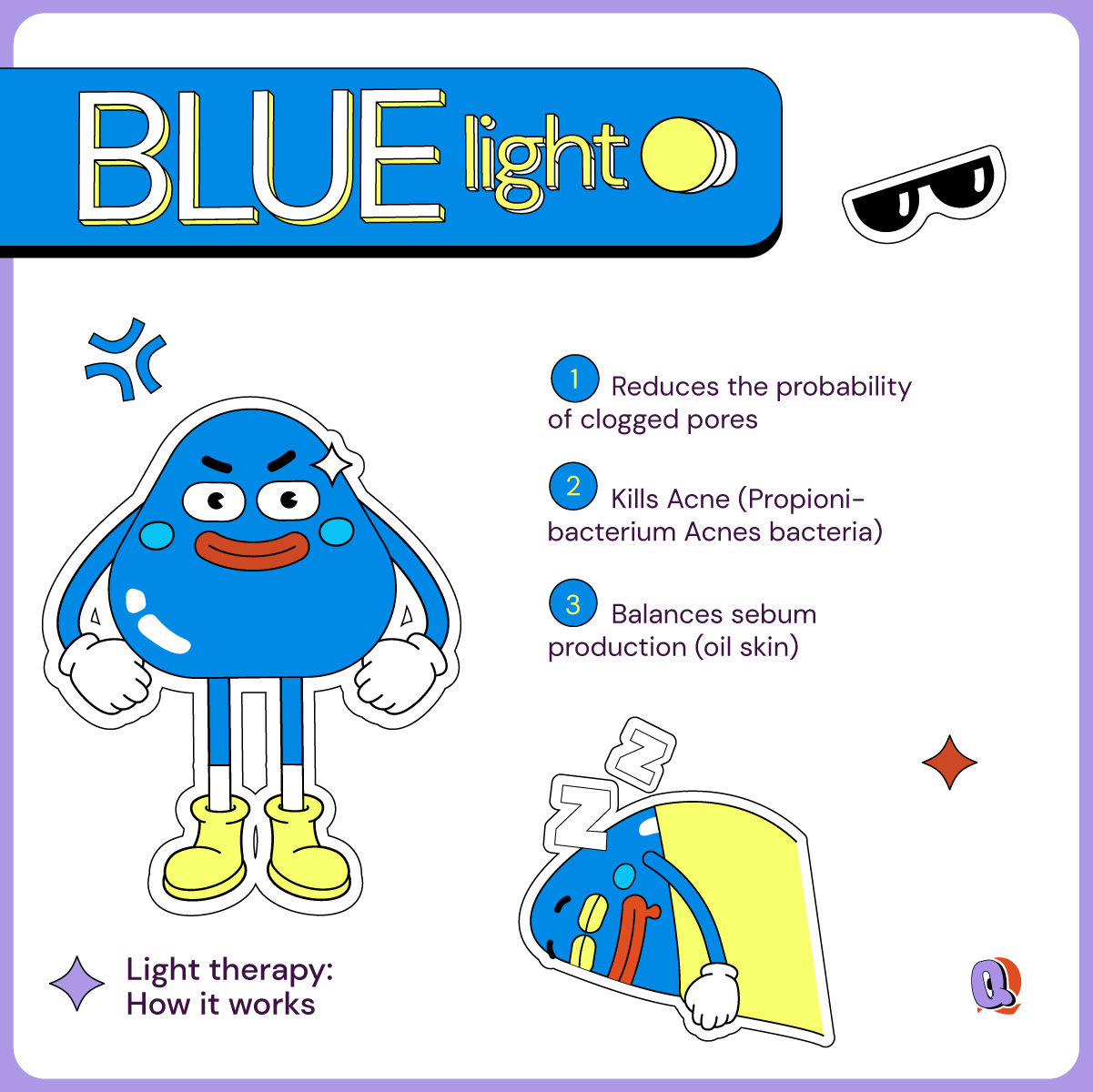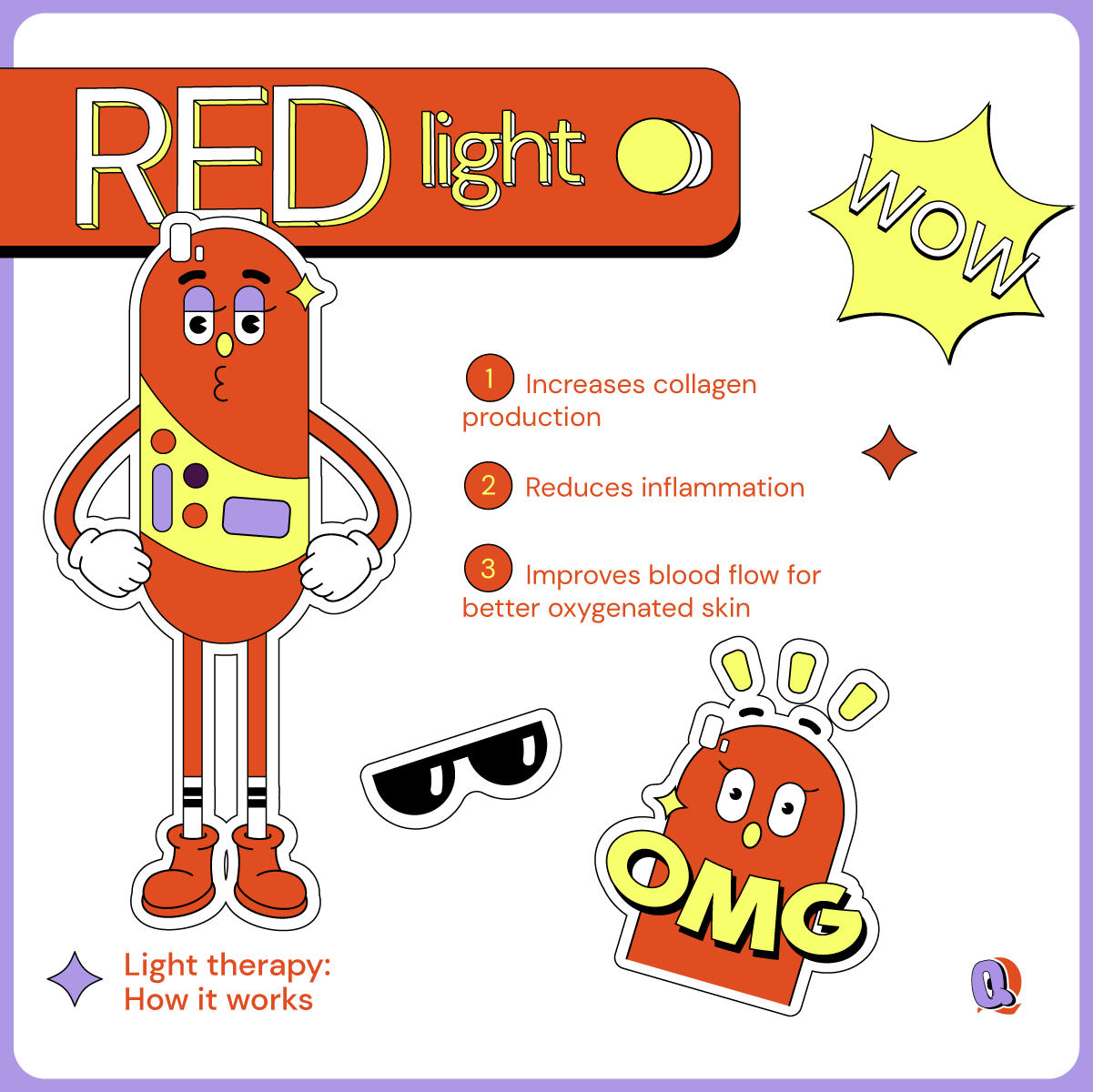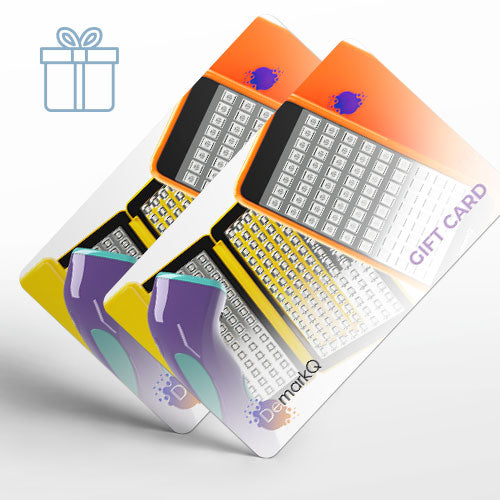While slathering moisturizer to oily, breakout-prone skin can initially seem counter-intuitive, skipping this step make things worse. A lot worse.
Moisturizing is an essential step when it comes to achieving happy, healthy skin whether you are breakout prone or not. And here are some reasons why:
Why moisturize if you have breakout-prone skin?
There are several reasons why moisturizer is important for breakout-prone skin.
Lack of moisture can lead to dehydrated skin (even if you have oily skin):
The key idea to understand here is, unlike what most people think, moisturized skin and oily skin are NOT THE SAME.
Many people confuse oil with hydration and use it as an excuse to skip this step. However, moisturizer improves the skin's hydration by adding water to it, not oil. Water is essential in maintaining the health of skin cells, maintain the moisture barrier, and keep the skin soft and supple. Lack of moisture can lead to dehydrated skin which can present itself as painful, cracked, scaly skin, inviting further infections and inflammatory conditions like eczema.
So, remember just because you have oily skin doesn't mean it can't be dehydrated.
Lack of moisture can push your oil glands into overdrive:
In fact, for many, this lack of hydration can often lead to increasing your skin's oiliness as the skin overcompensates with excessive oil production . External factors such as pollution, the sun, and excessive cleansing can damage the skin's moisture barrier, causing moisture loss and sending oil production into hyperdrive. The moisturizer helps maintain this barrier, preventing your skin from overcompensating tendencies.
It supports an acne-focused routine:
Your acne-prone skin might push you to try out several drying treatments like Retin-A, BHA/AHAs, and other exfoliants. While these treatments are definitely found to be effective, they can often be drying. Continuous use of such treatments can dry out the water content in your skin as well.
Reintroducing hydration via a moisturizer (or other moisturizing ingredients) ensures you don't over-dry your skin to the point of no return.
That being said it's essential to get yourself the right moisturizer for your skin. What works for someone with dry, naturally acne-free skin is not necessarily going to work for an individual with acne-prone skin. So,
How do pick the right moisturizer for acne-prone skin?
There are several options available in the market which can be quite overwhelming. That's why we recommend looking for the following to cut through the noise:
1. Look for lightweight, non-comedogenic and oil-free moisturizers: Non-comedogenic generally refers to products that do not clog pores.
Since acne-prone individuals are already biologically susceptible to clogged pores (factors like big pores, oil production, skin flaking), it makes sense that a non-comedogenic moisturizer would work best. Same goes for oil-free moisturizers. While most oil-based moisturizers can be very helpful for individuals with dry skin, it can contribute to further skin congestion for individuals who already struggle with excessive oil production.
2. Stay away from products with alcohol: This is a general rule of thumb for anyone, regardless of acne. Alcohol is very drying which can lead to excessive oil production and lead to increased clogged pores and irritation.
3. Incorporate moisturizing serums into your skincare routine: In addition to using traditional moisturizing creams, incorporating hydrating serums into your routine will definitely help you maintain a healthy complexion. Ingredients hyaluronic-acid are your best friends here as it will help your skin absorb and retain water better.
Additionally, it will balance out your skincare routine (assuming you are using exfoliants to reduce and prevent breakouts).
Maintaining a hydrated, glowy complexion:
In addition to incorporating hydration, there are also other things you can do to maintain a healthy hydration level for your skin.
1. Using occlusives wisely: Recent years have brought into light how useful occlusives like oils and petrolatum jelly can be for acne-prone skin. Occlusives focus more on preventing the skin from losing moisture by forming a protective film over the epidermis and should be used as the last step to your PM skincare routine to lock in moisture. However, we would recommend testing out a few options and perfecting the other steps in your skincare routine first.
2. Staying hydrated: Among many other benefits, increasing water intake can also increase the hydration levels on your skin. The skin hydrates itself from the inside out by pulling fluid from the capillary blood flow in the skin, she explains. However, if there isn’t enough water to pull from (you're not drinking enough water) skin can effectively dry out. Having said that, please note that drinking water alone cannot completely clear pimples for everyone.
3. Stay protected from the sun: UV rays from the sun dry out the skin. While at first, the lack of hydration can give the appearance of clearer skin, it often causes sebaceous glands to overcompensate with excessive oil production.
4. Moisturize after showering: Prolonged exposure to hot water can also draw out moisture from your skin. That is why it is heavily recommended to use a lightweight moisturizer after showers/baths.
5. Don't overstress your skin with exfoliants: Acne can make it really tempting to slather on exfoliants in an attempt to reduce their appearance. However, in the long term, this can stress out your skin leading to irritation, dehydrated skin, and even more severe inflammatory conditions like infections and eczema. It is important to be gentle to your skin. Use products that do not strip your skin from all its oils.
Light therapy is a great option in such cases. Unlike most chemical and physical exfoliants, it is far more gentle while effectively working to clear breakouts and prevent future ones.
demarkQ devices use the proven combination of blue and red light to clear skin without stripping it of its moisture. Blue light (415nm) kills acne causing bacteria and regulates sebum while red light (630nm) ensures the healing process is fast and painless.

